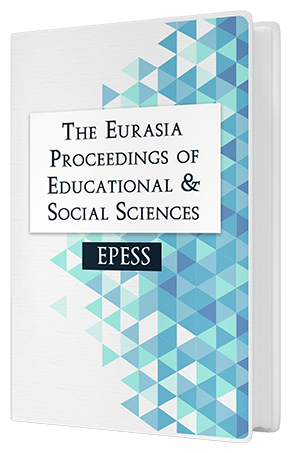Adequacy of the Social Studies Curriculum in terms of Cultural Literacy Skills
DOI:
https://doi.org/10.55549/epess.1071439Keywords:
Social studies, Curriculum, Cultural literacyAbstract
Being culturally literate means being prone and competent to be sensitive to one's own and others' identities, heritages, and cultures. It is very important for students to learn about other cultures and races in order to avoid unnecessary prejudices. In this sense, cultural literacy is a powerful educational tool used to adopt one's own culture and to develop understanding and respect for different cultures and people. Indeed, cultural literacy can be a window for other students to experience new ways of seeing the world as a rich and complex place. This study aims to reveal the adequacy of the Social Studies Curriculum updated in 2017 in terms of cultural literacy skills. The data of the research, which was carried out by adopting a qualitative research approach, were obtained through document analysis. The data obtained from the research were analyzed in accordance with the document review stages. In this context, seven learning areas within the Social Studies Curriculum were examined in detail.Downloads
Published
Issue
Section
License
Copyright (c) 2021 The Eurasia Proceedings of Educational and Social Sciences

This work is licensed under a Creative Commons Attribution-NonCommercial-ShareAlike 4.0 International License.
The articles may be used for research, teaching, and private study purposes. Any substantial or systematic reproduction, redistribution, reselling, loan, sub-licensing, systematic supply, or distribution in any form to anyone is expressly forbidden. Authors alone are responsible for the contents of their articles. The journal owns the copyright of the articles. The publisher shall not be liable for any loss, actions, claims, proceedings, demand, or costs or damages whatsoever or howsoever caused arising directly or indirectly in connection with or arising out of the use of the research material. All authors are requested to disclose any actual or potential conflict of interest including any financial, personal or other relationships with other people or organizations regarding the submitted work.




